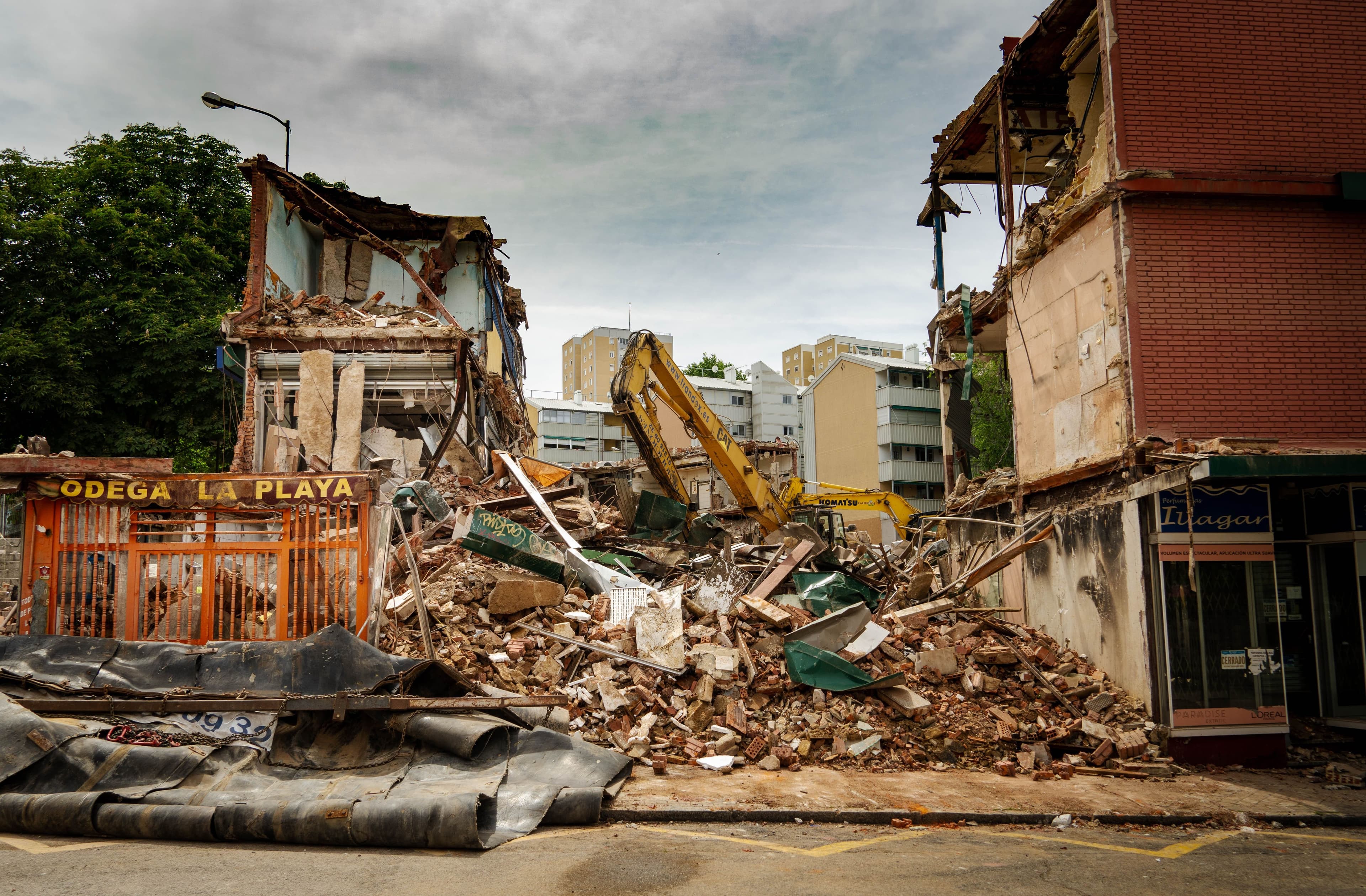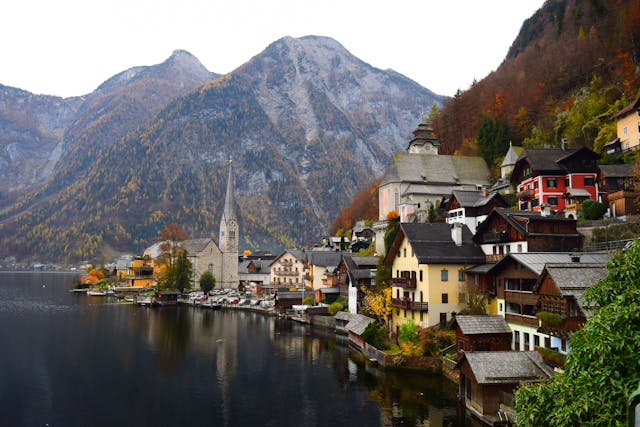Highlights of the week of September 4-10

Morocco was hit by the largest earthquake in the last hundred years: more than 300,000 people were affected. In Italy, an international film festival ended, and in India, the debate over the official name of the state flared up again.
Earthquake in Morocco
On Friday, September 8, Morocco was struck by the largest earthquake since 1900, measuring 6.8 on the Richter scale. It started at 23:11 local time, at which time many residents were getting ready for bed. However, the tremors forced people to leave their homes.
19 minutes later, an earthquake measuring 4.9 on the Richter scale struck. The epicenter of the quake was in the High Atlas Mountains, but the natural disaster was felt throughout the country and hit Marrakech hardest, some 70 kilometers (44 miles) away. The main cause was the collision of the tectonic plates on which the European and African continents rested.
According to the latest figures, the death toll from the quake has risen to 1,037, with about 1,200 people injured. According to the UN Office for the Coordination of Humanitarian Affairs, more than 300,000 people in Marrakech and the surrounding area were affected by the powerful earthquake.
Several countries have already offered assistance to Morocco, including Italy, Spain, France, and the United States. The Red Cross has already pledged 1 million Swiss francs (about 1,045,807 euros) from the organization's emergency disaster relief fund. Along with many countries that have offered assistance, Algeria has agreed to open its airspace to help Morocco, even though it broke off relations with its neighbor two years ago.
Venice Film Festival has closed in Italy
One of the world's biggest film festivals was held for the 80th time this year. American director Damien Chazelle ("La La Land", "Babylon") was this year's jury president. The main prize - the Golden Lion - went to the film of Greek director Yorgos Lanthimos ("The Killing of a Sacred Deer", "The Favorite" and "The Lobster"), a leading representative of the new wave, "Poor Things".
This oldest film festival has long been considered the place where future Oscar contenders debut. So it is likely that "Poor Things" will be one of the favorites for the American Award next year, along with "Barbie" and "Oppenheimer". The star of the film, Emma Stone, is already being predicted for major awards at the upcoming festivals and awards in the world of cinema.
There were many interesting events at this festival. For example, there was a promo for Robert Zemeckis' film "Here", which was filmed using artificial intelligence. Director Harmony Korine presented the premiere of "Aggro Dr1ft", a film in which visual effects were created using AI Stable Diffusion. According to experts, the world of cinema is waiting for a serious reboot, and creators are now on the threshold of great discoveries and endeavors.
Debate in the Indian government over the name of the state
It all began when the official invitations for dinner guests at the G20 Summit came not from the office of the President of India, but from "President Bharat". This sparked speculation that the state wanted to change its name to Bharat, a Sanskrit term found in scriptures more than 2,000 years old. In addition, the spokesman for the ruling Bharatiya Janata Party (BJP) and the country's prime minister, Narendra Modi, is seen sitting in front of a Bharat sign in a recent video posted on his official Twitter page.
While India is the most common name for the state, officials and locals often refer to their country as Bharat. A growing number of BJP MPs are calling for the name to be changed. "India" is the traditional English name of the country and symbolizes the colonial period of the state's history. Petitions for a name change have been filed before but were rejected by the Supreme Court in 2016 and 2020.
Modi's nationalist government has already renamed several cities associated with the Mughal and colonial eras. Critics see this as an attempt to erase the Muslim Mughals, who ruled the country for 300 years, from history. Representatives of other parties have also urged that the more common and accepted name of the country should not be abandoned and that both names should continue to be used.





